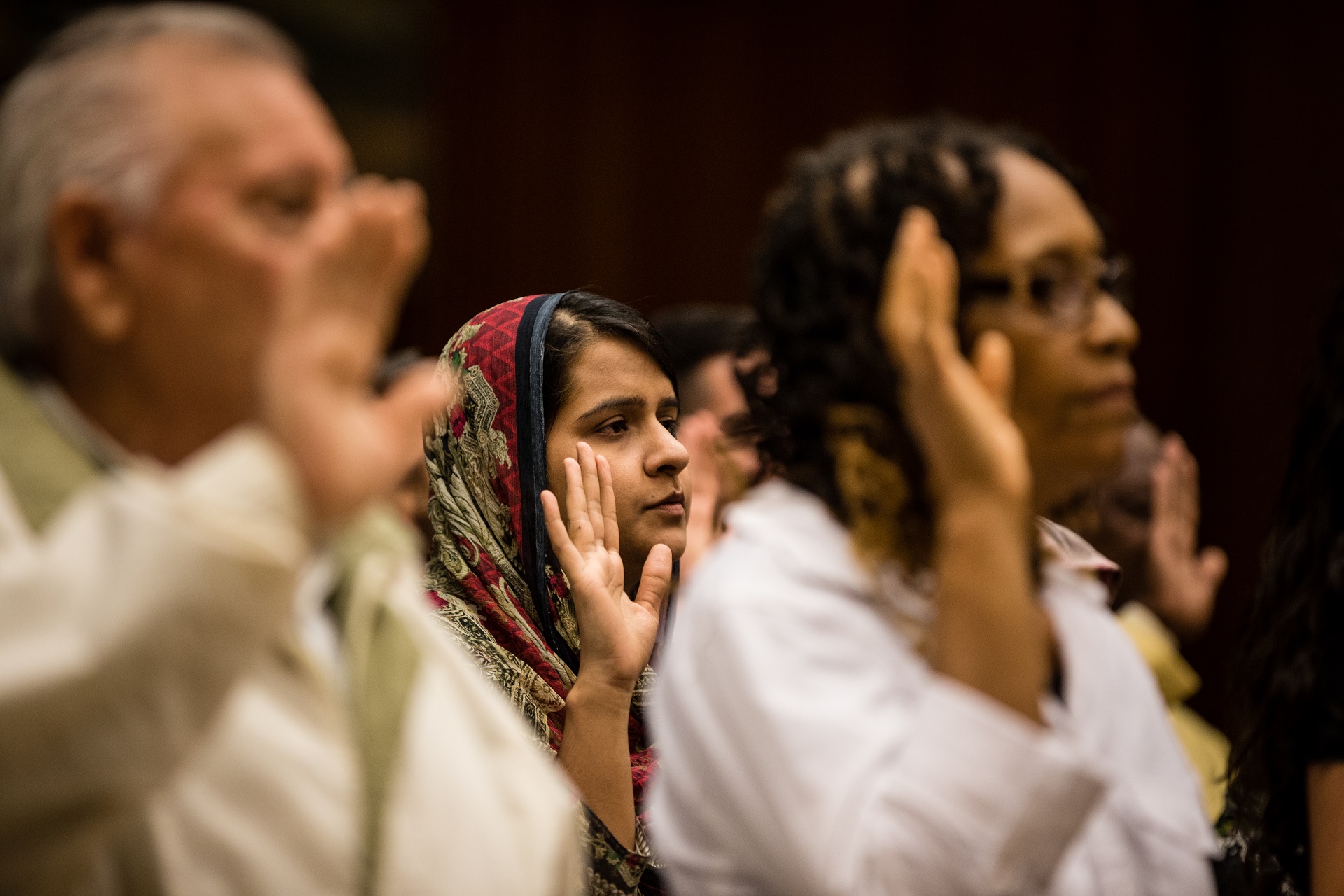Brooklyn Bar Association’s Volunteer Lawyers Project hosts naturalization clinic

The Brooklyn Bar Association’s Volunteer Lawyers Project teamed up with the National Association of Latino Elected and Appointed Officials (NALEO) to hold a naturalization clinic Tuesday night at Brooklyn Borough Hall for attorneys to learn the ins and outs of the citizenship application process.
NALEO holds periodic citizenship workshops throughout New York City and Brooklyn to provide free assistance with naturalization applications. In addition to experienced immigration attorneys, volunteer attorneys like those learning the process last night staff the workshops.
“I can tell you, everybody that comes to our workshops, they love it, they feel that they are doing a wonderful service,” said Monica Vargas-Huertas, NALEO’s northeast deputy director.

Brooklyn Boro
View MoreNew York City’s most populous borough, Brooklyn, is home to nearly 2.6 million residents. If Brooklyn were an independent city it would be the fourth largest city in the United States. While Brooklyn has become the epitome of ‘cool and hip’ in recent years, for those that were born here, raised families here and improved communities over the years, Brooklyn has never been ‘uncool’.